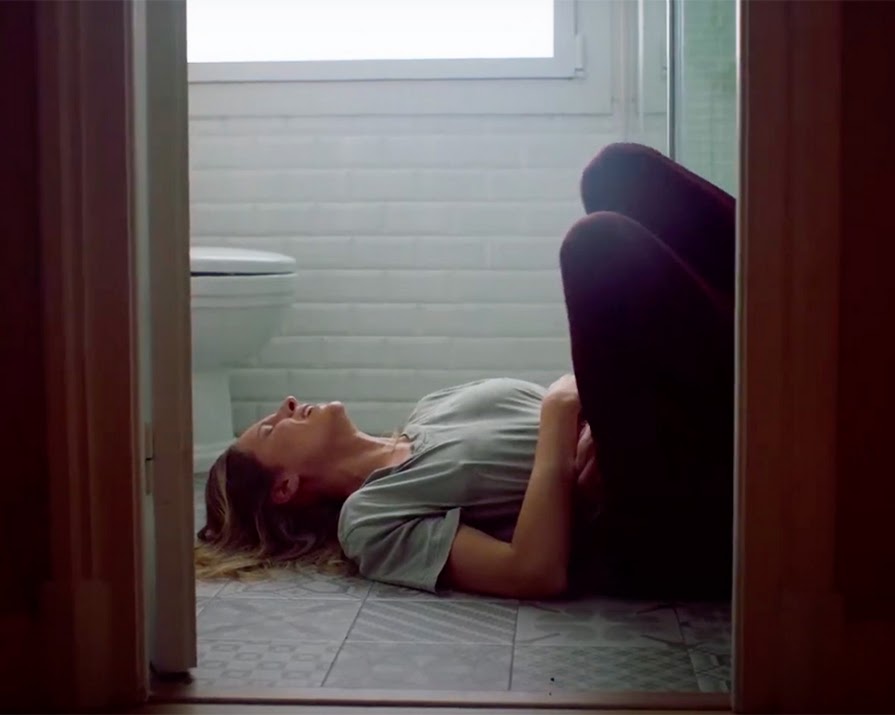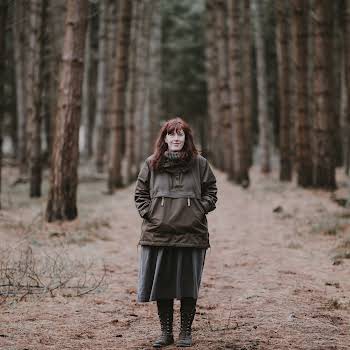
WATCH: Powerful new Bodyform ad shatters the taboos around periods, endometriosis and menopause
By Edaein OConnell
07th Jul 2020
07th Jul 2020
A new advert called #wombstories is shattering the taboos that surround periods, endometriosis, menopause, fertility and all of the complexities of women’s health
A new campaign by Bodyform called #wombstories is aiming to give a voice to women’s health.
And a video launched last week as part of the campaign is aiming to shatter the stigma.
The film titled Bodyform: #wombstories and directed by Nisha Ganatra pushes back against the assumption that there is one biological timeline that women live by. You start your period in adolescence, repeat with som pain, you want a baby, get pregnant, have a baby, have more periods, stop periods, fade into the menopausal background.
As women know, the reality is not as straightforward. The issue is full of complexities and every story is different. However, society has programmed women to stay silent about intimate issues and does not encourage open conversation about the highs and the lows of female health.
The film explores this culture of silence and looks at the taboos that impact a woman’s confidence and wellbeing. By introducing viewers to personal #wombstories, looking at the often-tabooed stories of miscarriage, endometriosis, fertility issues, not wanting to have children, and the menopause. It’s a powerful and emotional portrayal of the female story. It’s a tale full of the weird, the wonderful, the sad and the happy.
And it’s one that needs to be heard.
A new research study by Bodyform found that two-thirds of women (68%) who experienced miscarriage, endometriosis, fertility issues, and menopause said that being open with family and friends helped them cope. Yet, the same research found that 21% of women feel society wants them to keep silent about their experiences, and nearly half of women felt staying silent about their issues damaged their mental health (44%). This leads to a damaging silent narrative around a range of difficult and sensitive issues that women face every day. The physical concern may be treated, but the emotional dimension is often left unheard and overlooked.
Nicola Coronado UK and Ireland consumer marketing director at Bodyform said of the campaign: “With #wombstories we are starting a movement. We want to boldly go where no other brand has been before; inside women’s bodies and emotions to truly represent their sensations and feelings that we believe are not only invisible but ignored, overlooked or denied. #wombstories reveals the narrative inside and out and we hope to put these topics on the table for all to talk about.”
Read more: Helen Fielding says Bridget Jones’ Diary would not have been made now
Read more: ‘Dry needling was a huge factor in helping me with my chronic pain’
Read more: Perimenopause: The symptoms you may not know about























